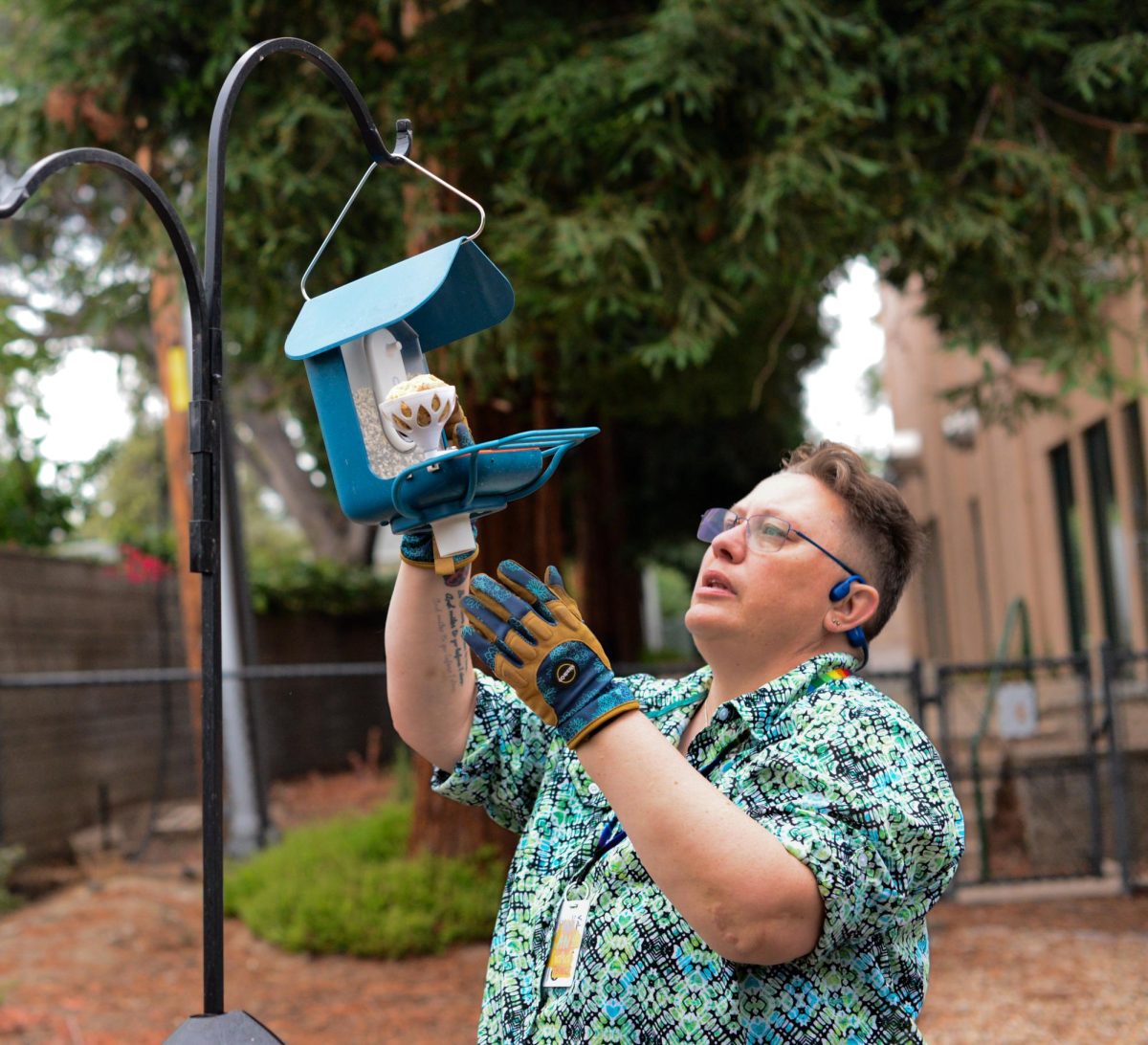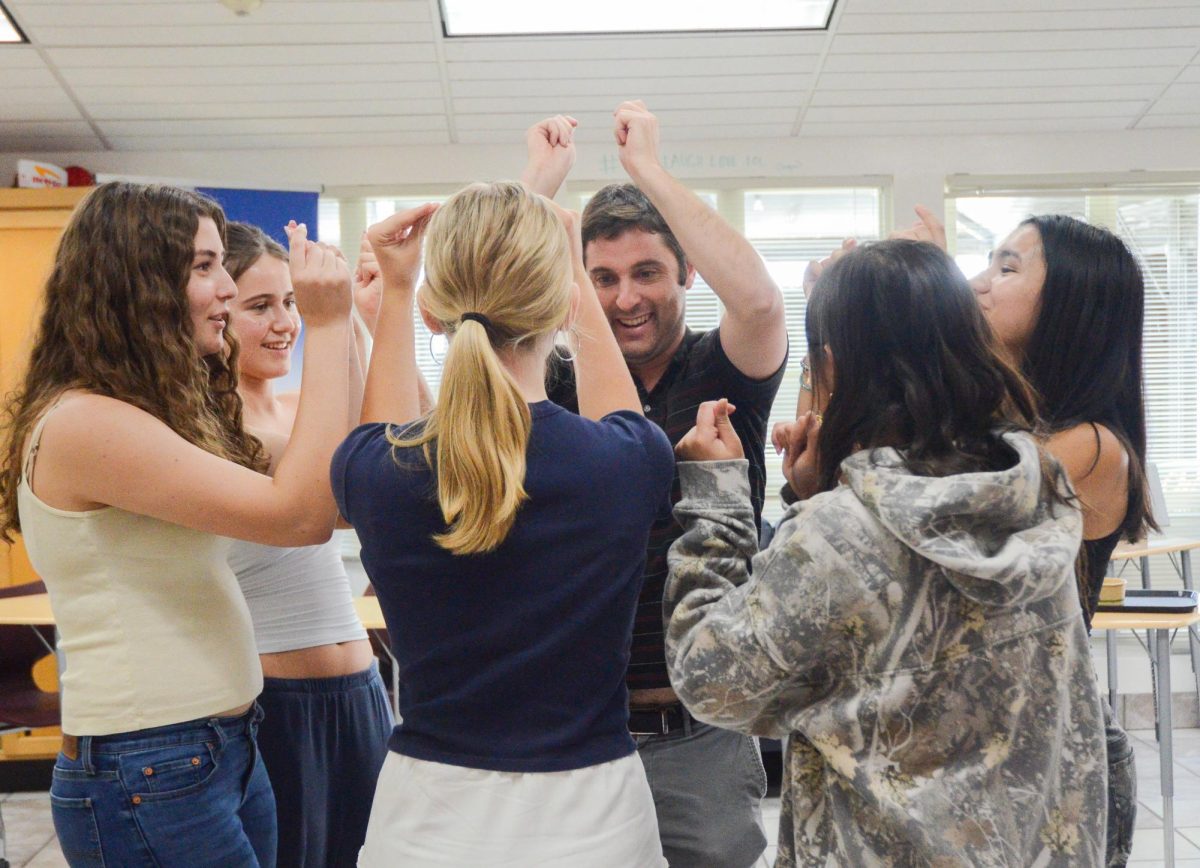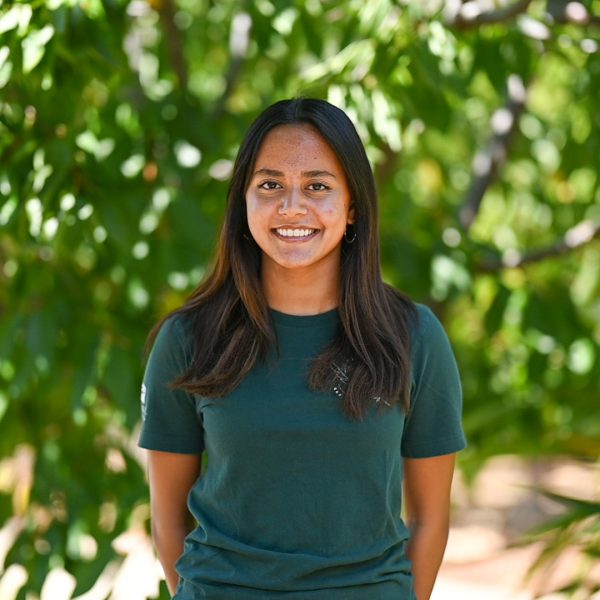May is upon us, bringing with it the joy of Mother’s Day, May flowers — according to an old English proverb, anyway — and Advanced Placement exams. If you’re dreading those long hours of filling out scantrons and free-response packets, you also might be feeling overwhelmed and reluctant to start studying. After all, there’s an entire year’s worth of material to review. But as a senior embarking on my third year of taking APs, I’ve compiled a couple of study techniques that I’ve found useful:
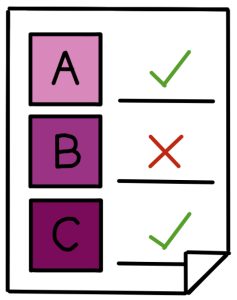
1. If you’re in a rush, take a diagnostic
If you’re like me and procrastinated reviewing for APs until the last minute, taking diagnostic tests can help cut down your studying time. Instead of trying to cram every last bit of information from every unit of the AP curriculum into your brain, take a practice test. Make note of which concepts confused you and which questions stumped you. I like to mark my MCQ papers with various symbols (a star for a question I’m unsure about, a circle for a question I don’t know how to do) to look back on and review again later.
2. Make the most of AP-provided resources
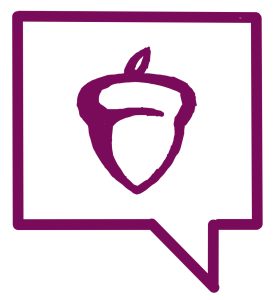
This may seem obvious, but it’s surprisingly overlooked! Supplemental practice resources like Barron’s are helpful, but the College Board itself provides a plethora of official practice exams and resources for studying, whether it’s past problem sets, AP Daily videos, scoring rubrics or exam descriptions. Whenever I don’t know where to start reviewing for an AP class, I take a unit MCQ or FRQ from AP Classroom. Not only do I get a sense of where my weaknesses lie within that unit, but I also increase my familiarity with AP-style questions.
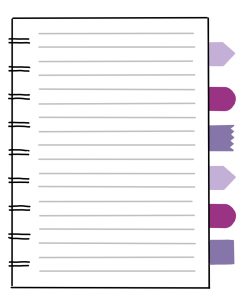
3. Make your own study guide
Oftentimes when I’m flipping through page after page of my notes or reading through a lengthy study guide online, I find my eyes glazing over and my mind starts to wander. This study technique helps maximize your active reading while studying. Creating your own study guide may help you stay focused while also allowing you to gain a deeper understanding of the material.
4. When trying to memorize terms, try to make them relevant to you

When I’m trying to solidify my knowledge of a long list of terms, I try to tie each term to my life. Your tie-in could be an anecdote, perhaps a memorable moment from class the day you learned the concept or simply another word you think of when you hear or read the term. This tip might be more applicable to classes like history, but regardless, making concepts personally relevant may help you remember the terms better.
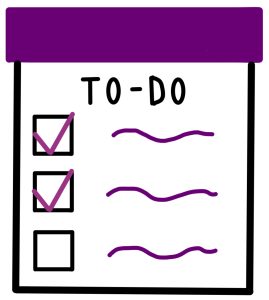
5. Create a study “outline” for each day
I’m not the biggest fan of detailed study calendars. In fact, I find that planning too far ahead actually decreases my motivation to study. Instead, each day, I like to make a rough outline of what I want to get done. For example, you can set a goal of studying for three classes for at least one hour each. How or when you get those three hours of studying is totally up to you, so long as you get them done at some point that day. This way, you still get some flexibility in your daily schedule while also getting work done.


















![“[Building nerf blasters] became this outlet of creativity for me that hasn't been matched by anything else. The process [of] making a build complete to your desire is such a painstakingly difficult process, but I've had to learn from [the skills needed from] soldering to proper painting. There's so many different options for everything, if you think about it, it exists. The best part is [that] if it doesn't exist, you can build it yourself," Ishaan Parate said.](https://harkeraquila.com/wp-content/uploads/2022/08/DSC_8149-900x604.jpg)




![“When I came into high school, I was ready to be a follower. But DECA was a game changer for me. It helped me overcome my fear of public speaking, and it's played such a major role in who I've become today. To be able to successfully lead a chapter of 150 students, an officer team and be one of the upperclassmen I once really admired is something I'm [really] proud of,” Anvitha Tummala ('21) said.](https://harkeraquila.com/wp-content/uploads/2021/07/Screen-Shot-2021-07-25-at-9.50.05-AM-900x594.png)







![“I think getting up in the morning and having a sense of purpose [is exciting]. I think without a certain amount of drive, life is kind of obsolete and mundane, and I think having that every single day is what makes each day unique and kind of makes life exciting,” Neymika Jain (12) said.](https://harkeraquila.com/wp-content/uploads/2017/06/Screen-Shot-2017-06-03-at-4.54.16-PM.png)








![“My slogan is ‘slow feet, don’t eat, and I’m hungry.’ You need to run fast to get where you are–you aren't going to get those championships if you aren't fast,” Angel Cervantes (12) said. “I want to do well in school on my tests and in track and win championships for my team. I live by that, [and] I can do that anywhere: in the classroom or on the field.”](https://harkeraquila.com/wp-content/uploads/2018/06/DSC5146-900x601.jpg)
![“[Volleyball has] taught me how to fall correctly, and another thing it taught is that you don’t have to be the best at something to be good at it. If you just hit the ball in a smart way, then it still scores points and you’re good at it. You could be a background player and still make a much bigger impact on the team than you would think,” Anya Gert (’20) said.](https://harkeraquila.com/wp-content/uploads/2020/06/AnnaGert_JinTuan_HoHPhotoEdited-600x900.jpeg)

![“I'm not nearly there yet, but [my confidence has] definitely been getting better since I was pretty shy and timid coming into Harker my freshman year. I know that there's a lot of people that are really confident in what they do, and I really admire them. Everyone's so driven and that has really pushed me to kind of try to find my own place in high school and be more confident,” Alyssa Huang (’20) said.](https://harkeraquila.com/wp-content/uploads/2020/06/AlyssaHuang_EmilyChen_HoHPhoto-900x749.jpeg)




